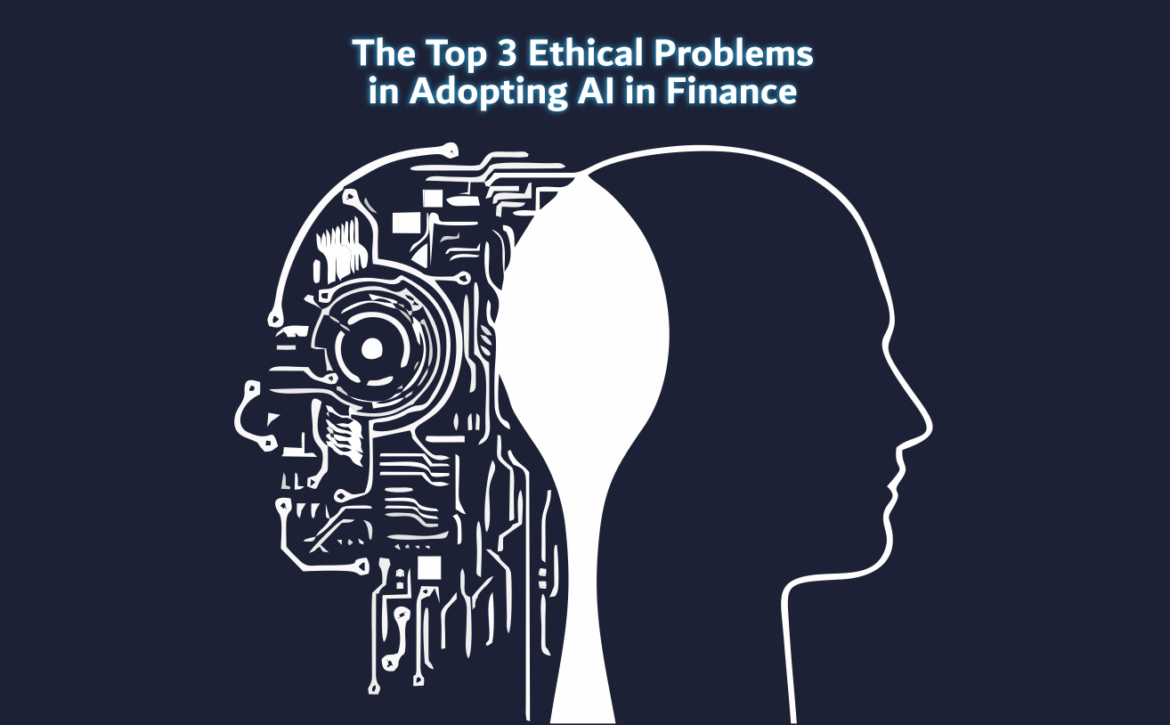Why AI in Finance?
The AI Revolution in Finance
As technology continues to reshape the financial landscape, Artificial Intelligence (AI) has emerged as a key player. The integration of AI into finance is not just a trend but a transformative force, driving efficiency, innovation, and enhanced decision-making.
In this blog, we delve into the practical reasons why AI is becoming an integral part of the financial sector and how it is shaping the future of finance.

Expertise Across Emerging Domains
AI systems, armed with vast and continuously updating knowledge, offer insights across emerging fields. This reduces the reliance on in-house experts for every new domain, promoting a more versatile and adaptive approach. With AI, financial institutions can quickly understand and leverage new trends, technologies, and market shifts without the need for extensive human expertise in every area. This adaptability is crucial in a rapidly evolving financial landscape.
Enhanced Decision-Making
AI algorithms excel at analyzing complex data sets, identifying patterns, and predicting trends. This capability empowers financial institutions with more informed and timely decision-making, a critical factor in today’s dynamic market. By leveraging AI, organizations can make data-driven decisions that minimize risks and capitalize on opportunities. This level of precision and speed in decision-making was previously unattainable, marking a significant advancement in financial operations.
Automation of Routine Tasks
Mundane and repetitive tasks are a drain on human resources. AI steps in to automate these routine activities, liberating human potential for more strategic and value-driven endeavors. The result is increased efficiency and productivity. For instance, AI can handle transaction processing, compliance checks, and customer inquiries, allowing human employees to focus on complex problem-solving and innovative projects that drive the company forward.
Real-Time Adaptation
The ability of AI systems to continuously learn and adapt is a game-changer. Financial institutions equipped with AI gain the agility to respond to market changes in real-time, fostering a dynamic and responsive operational environment. This real-time adaptation means that AI can detect market anomalies, adjust investment strategies, and manage risks almost instantaneously, providing a competitive edge in fast-moving markets.

Risk Management
AI’s prowess in analyzing diverse and complex data sources significantly improves risk assessment. This, in turn, leads to better credit decisions and more informed investment strategies, enhancing overall risk management. AI can evaluate creditworthiness, detect fraudulent activities, and predict market downturns with greater accuracy than traditional methods. This enhanced risk management capability helps financial institutions safeguard their assets and maintain stability in volatile conditions.
Personalized Customer Experience
Tailoring products and services to individual customer needs becomes seamless with AI. This personalized approach not only improves customer engagement but also contributes to heightened satisfaction and loyalty. AI can analyze customer behavior, preferences, and feedback to offer customized financial products, advice, and support. This level of personalization enhances the customer experience, fostering long-term relationships and trust.

Conclusion: Embracing the Future of Finance
The integration of AI into the financial sector is not merely an option but a necessity for staying competitive and innovative. From enhanced decision-making and risk management to automation and personalized customer experiences, AI is revolutionizing the way financial institutions operate. As we continue to explore and harness the potential of AI, the future of finance looks promising, with smarter, more efficient, and customer-centric solutions leading the way.
#AIinFinance #FinancialTechnology #DecisionMaking #Automation #RiskManagement #CustomerExperience
Learn More



























